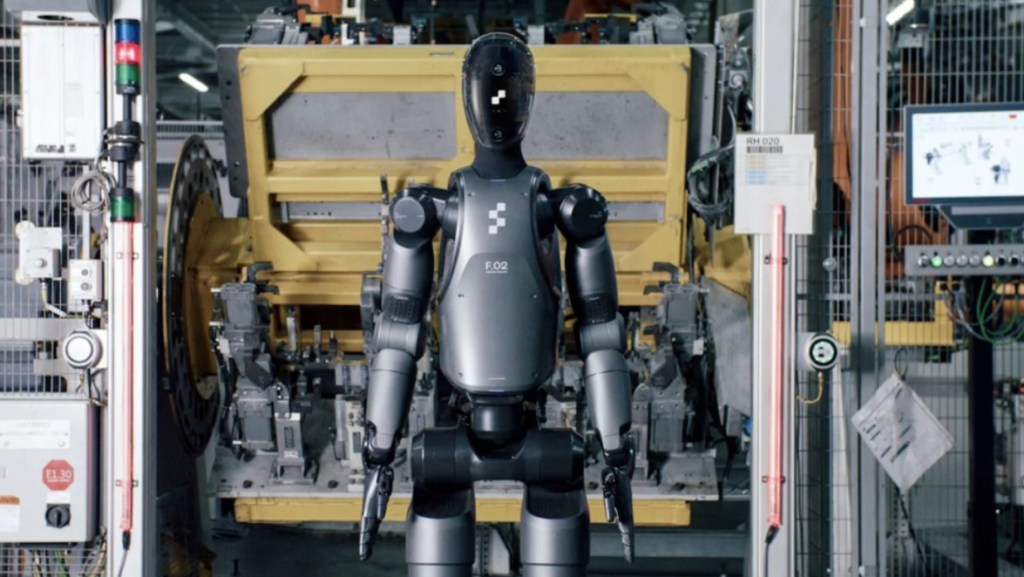Meta has never been afraid to take bold risks. From social media and the metaverse to crypto and AI, the company is now shifting its focus to an entirely new frontier: humanoid robots designed to assist with household chores. According to a report from Bloomberg, Meta is heavily investing in robotic hardware research, with the initial goal of supporting domestic tasks.

This move is not entirely surprising. Since 2021, Meta has been working on DIGIT, a vision-based tactile sensor that allows robots to “feel” objects they are holding. Additionally, Meta has collaborated with Carnegie Mellon University to develop ReSkin, an artificial skin capable of sensing pressure similarly to human skin.
However, Mark Zuckerberg’s ambitions go beyond merely selling home-assistance robots. Meta seems to be building a comprehensive ecosystem for robotics, incorporating computer vision software, advanced sensors, and computational modules. Unlike Tesla’s Optimus or Boston Dynamics’ Atlas, Meta’s focus is on providing foundational technology that other companies can use to develop their own robotic products.
A crucial component of this strategy is Meta’s integration of AI, augmented reality (AR), and mixed reality (MR) into its humanoid robot project. The company’s Llama AI models may also be utilized to help robots better understand and interact with their surroundings.
Despite the potential, privacy concerns loom large. Given Meta’s history of user data scandals, the idea of an AI-powered robot inside homes may raise skepticism among consumers. Acknowledging these risks, Meta reportedly has no immediate plans to release a Meta-branded robot. Instead, the company will focus on developing technologies for partners.
Currently, Meta has recruited the former head of General Motors’ autonomous vehicle technology division to lead the project. The company is also in talks with Unitree Robotics and Figure AI, two leading startups in humanoid robotics.
This initiative is expected to fall under Meta’s Reality Labs division, which is also working on smart glasses, the Orion project, and advanced sensor technologies. If successful, Meta’s robotics endeavor could redefine the role of AI-driven automation in everyday life.

Leave a Reply